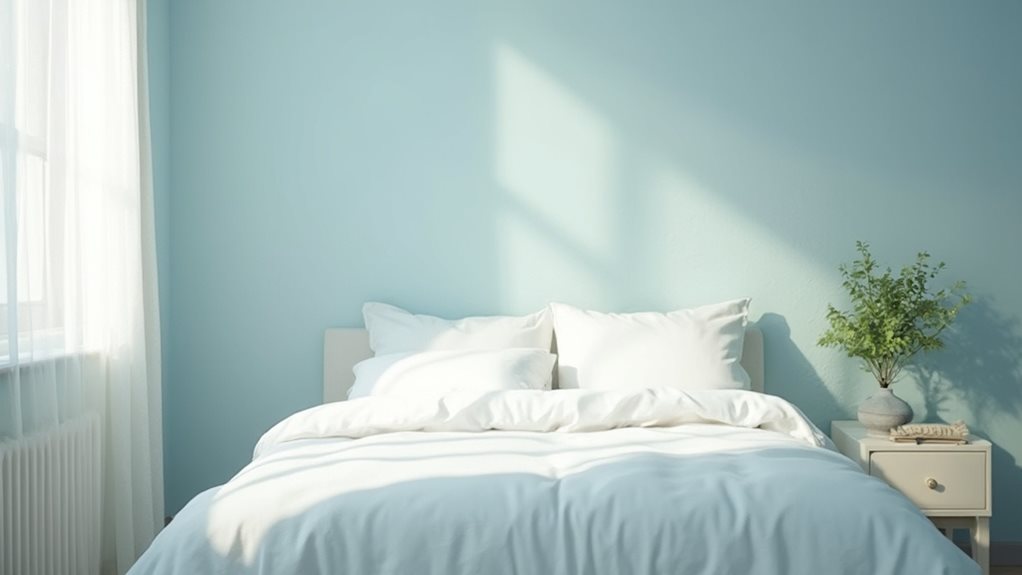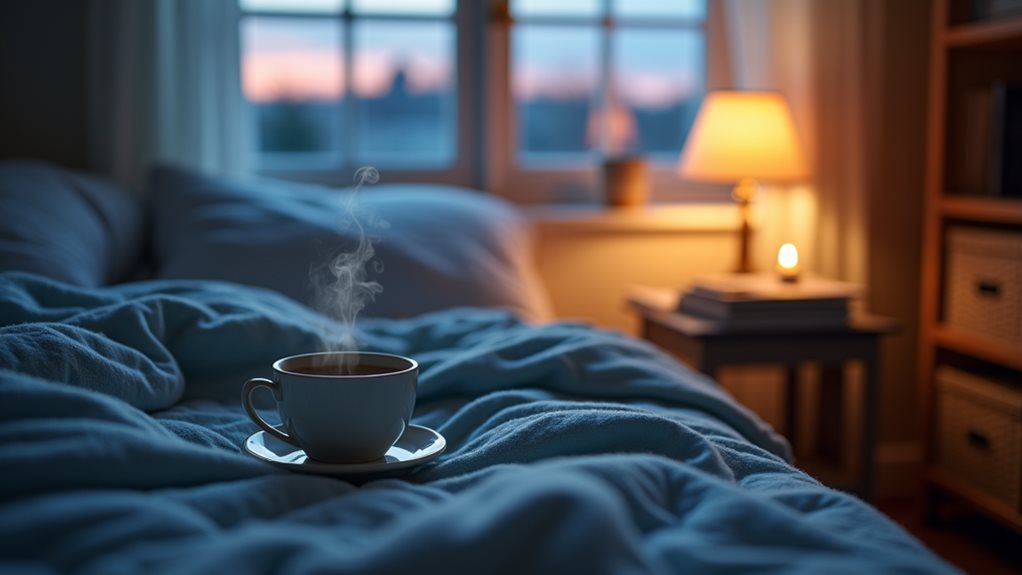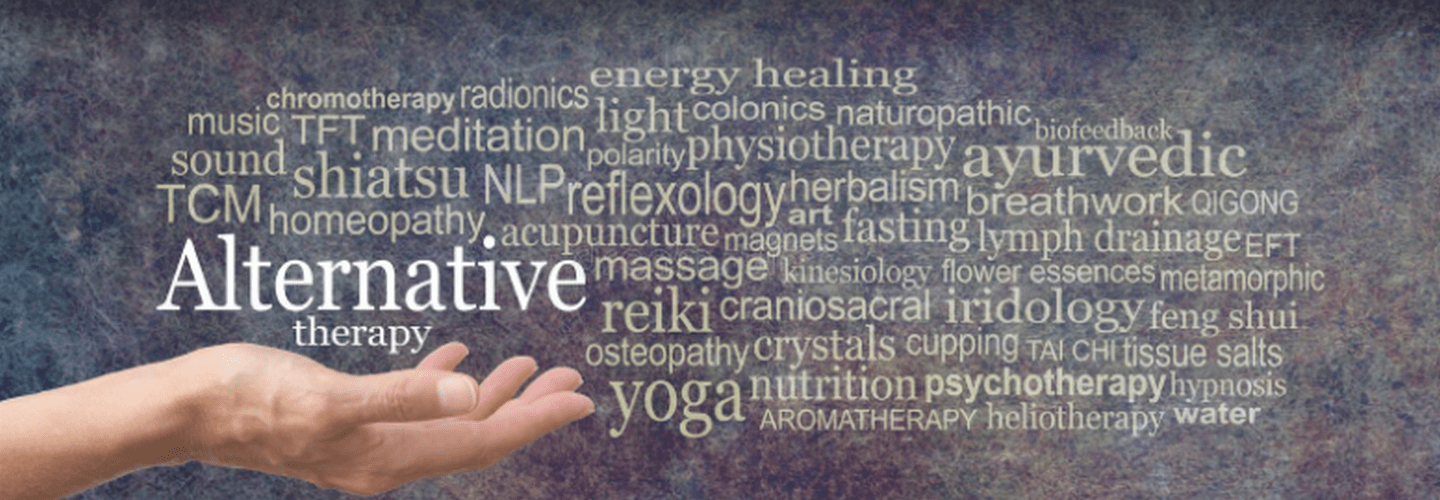
Transforming your sleep by adjusting your mindset involves understanding the essential nature of sleep for overall health, debunking detrimental myths, and embracing beneficial practices. By establishing calming bedtime rituals, managing pre-sleep stress, and monitoring sleep patterns with a journal, individuals can foster better sleep quality. These tactics, grounded in sleep science, are designed to shift perspectives and encourage more restorative rest, hinting at deeper layers of knowledge that can further enhance one's sleep experience.
Key Takeaways
- Recognize the vital role of sleep in health and debunk productivity myths associated with sleep deprivation.
- Implement soothing bedtime rituals like aromatherapy or herbal tea to signal your body it's time to rest.
- Use stress management techniques such as mindful breathing and evening journaling to reduce pre-bedtime anxiety.
- Track sleep patterns with a journal to identify disruptions and understand the impact of your habits on sleep quality.
- Adapt your environment and behaviors based on sleep tracking insights to foster better sleep hygiene and quality.
Unveiling the Science Behind Sleep
Understanding the intricacies of sleep is crucial, as it is divided into REM (Rapid Eye Movement) and non-REM stages, each essential for different aspects of health and cognitive function.
The sleep cycles operate under the governance of the circadian rhythm, an internal clock that cues sleepiness and wakefulness throughout a 24-hour period. This rhythm, synchronized largely by natural light exposure, influences the production of melatonin, the hormone responsible for sleep readiness.
Tackling Negative Beliefs About Sleep
Why do so many struggle with sleep despite its known benefits? Often, the culprit lies in entrenched sleep myths that skew perceptions, making rest seem elusive.
Many hold the belief that less sleep equals more productivity, a misconception that belies the critical restorative functions of sleep. Understanding the science of sleep can catalyze a belief transformation, challenging and ultimately changing these detrimental convictions.
Establishing Soothing Bedtime Rituals

Having addressed the misconceptions surrounding sleep, it is equally important to focus on practical steps to foster better sleep habits, starting with the establishment of soothing bedtime rituals. Incorporating aromatherapy benefits, relaxation techniques, evening stretches, a digital detox, and specific tea selections can greatly enhance the pre-sleep routine. This thoughtful approach not only calms the mind but also prepares the body for rest.
| Activity | Benefit | Ideal Time |
|---|---|---|
| Aromatherapy | Calms the nervous system | 30 min before bed |
| Evening Stretches | Reduces muscle tension | 20 min before bed |
| Herbal Tea | Induces relaxation | 15 min before bed |
This table summarizes key activities that contribute to a tranquil pre-sleep environment, leading to improved sleep quality.
Techniques for Easing Stress Before Bed
As individuals wind down for the night, the management of pre-bedtime stress becomes essential for enhancing sleep quality.
Techniques such as mindful breathing and evening journaling can be profoundly effective. Mindful breathing allows one to focus on deep, rhythmic inhalations and exhalations, facilitating a relaxation response throughout the body and mind.
Meanwhile, evening journaling offers a structured opportunity to unload the day's worries and reflect calmly on positive moments, helping to clear the mental clutter that can inhibit restful sleep.
Together, these practices nurture a tranquil mindset, paving the way for deeper, more restorative sleep.
Monitoring Sleep Patterns Through Journaling
While many individuals struggle to pinpoint the root causes of their sleep disturbances, maintaining a sleep journal can be a transformative approach to understanding and improving sleep patterns.
This method of sleep tracking allows for the detailed recording of bedtime habits, wake times, and sleep quality. By diligently noting these elements, one can identify patterns or triggers contributing to poor sleep.
The benefits of this practice extend beyond mere observation; it fosters a proactive stance towards sleep health. Analyzing journal entries can reveal essential insights, guiding changes in behavior and environment that enhance overall sleep quality, leading to a more restorative rest.
Frequently Asked Questions
How Does Diet Impact Sleep Quality and Duration?
Diet considerably influences sleep quality and duration. Consuming sleep-inducing foods like cherries or almonds can enhance sleep, while excessive caffeine consumption can disrupt it, leading to difficulties in achieving restful night's sleep.
Can Daytime Napping Affect Nighttime Sleep Patterns?
Daytime napping can disrupt nighttime sleep patterns, altering sleep architecture. Brief naps might refresh, while prolonged napping may hinder nighttime sleep quality, affecting overall sleep architecture and impacting cognitive function and alertness.
Are There Genetic Factors That Influence Sleep Efficiency?
Genetic predisposition notably impacts sleep efficiency, influencing susceptibility to sleep disorders. Analyzing genetic factors provides insights into individual sleep patterns, helping tailor effective sleep strategies for those genetically prone to disrupted sleep.
What Are the Effects of Long-Term Sleep Deprivation?
Long-term sleep deprivation, like a relentless tide, erodes cognitive functions and emotional stability. It leads to cognitive impairment, affects decision-making, and heightens emotional instability, impacting overall mental health and daily functioning.
How Does Exercise Timing Affect Sleep Quality?
Exercise timing impacts sleep quality greatly. Morning workouts often enhance sleep by promoting daytime alertness and nighttime tiredness. Conversely, evening exercises might disrupt sleep due to increased adrenaline and delayed melatonin production.
Conclusion
In sum, "Transform Your Sleep: Change Your Mindset" methodically merges meticulous science with serene strategies to revolutionize rest. By banishing bed-bound skepticism and nurturing nocturnal nuances, individuals can cultivate a sanctuary of sleep. This transformation transcends mere rest; it's a profound pilgrimage toward peak psychological and physiological prosperity. Embrace this enlightening journey, armed with knowledge and new rituals, to reveal the profound potential of peaceful, rejuvenating slumber.





